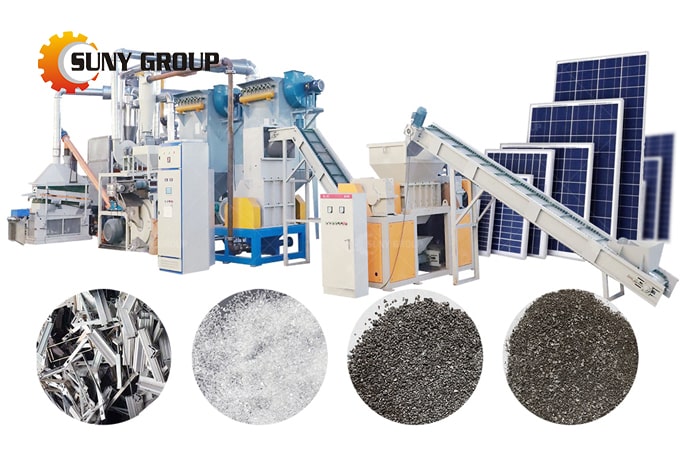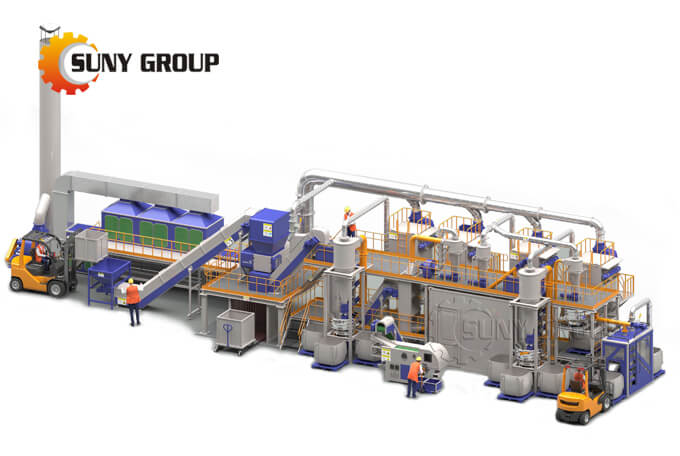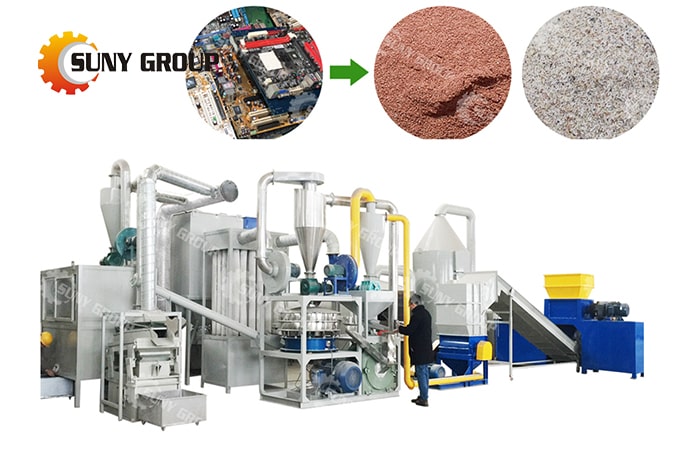Recyclers would be happy to emulate the nearly 100 percent recycling rate achieved for lead-acid batteries for other types of batteries, but neither the legislative framework nor the market investments to do so are yet in place. Panelists and presenters at the International WEEE & Battery Recycling Virtual Conference pointed to several reasons for the lag.
In the electric vehicle (EV) sector, the diversity of the emerging technology is a challenge, said Belgium-based consultant Willy Tomboy of Detomserve. “Batteries vary by weight, by chemistry and by application,” he commented, adding the circumstance makes it “rather difficult for recyclers to know with what kind of batteries they are dealing with.”
According to Tomboy and Kalle Saarimaa, vice president of recycling and waste solutions with Finland-based Fortum, future European Union legislation is likely to include a “battery passport” system for larger EV battery packs, similar to the vehicle identification number for whole vehicles.
Adding to the mystery recyclers can confront, lithium-ion batteries are produced in a way that binds materials together and can make them difficult to disassemble. Olivier Groux of Switzerland-based Kyburz, which makes small EVs, said most EV batteries involve covering an aluminum or copper foil sheet with a paste that includes different metals (most commonly lithium and cobalt). This core is then wrapped and surrounded in such a way to keep the active materials from draining or leaking.
To recycle such batteries can involve cost-intensive dismantling that yields a relatively small amount of marketable scrap metal per battery. Saarimaa says that combination means making the activity “more commercially feasible” is one of the main challenges in the sector, along with increasing collection rates to help build scale.
On the collection front, Tomboy pointed to a recent study in Belgium that found the average household there contains some 100 batteries in various stages of use and disuse, including many embedded within unused but not yet discarded small appliances and devices.
Joseph Nforbin, managing director of Dubai, United Arab Emirates-based e-scrap recycling firm Madenat Al Nokhba Recycling Services LLC was among the panelists at a conference roundtable who saw a likely role for extended producer responsibility (EPR) legislation to push investments in the collection and processing of batteries. He described lithium-ion battery recycling in Dubai as “still at an infant stage,” although a law due to be enacted in 2021 could prompt changes.
Singapore-based Green Li-ion is among the companies with technology designed to create marketable materials from collected end-of-life batteries. Leon Farrant, the firm’s co-founder and CEO, said the “scaling problem comes with the supply chain” as far as making such technology more widely used. Recyclers or other potential Green Li-ion customers “need access to large volumes of spent batteries,” he remarked.
Despite the acknowledged challenges, panelists and speakers at the conference saw EPR attention and technology improvements as a tag team that could tilt the match in favor of increased lithium-ion battery recycling activity. “I’m optimistic,” said Farrant, pointing to technology advances by his company and others. “When we work together, I’m sure we can do much better.”
Suny Group : http://www.sunyrecycle.com/,All rights reserved。









